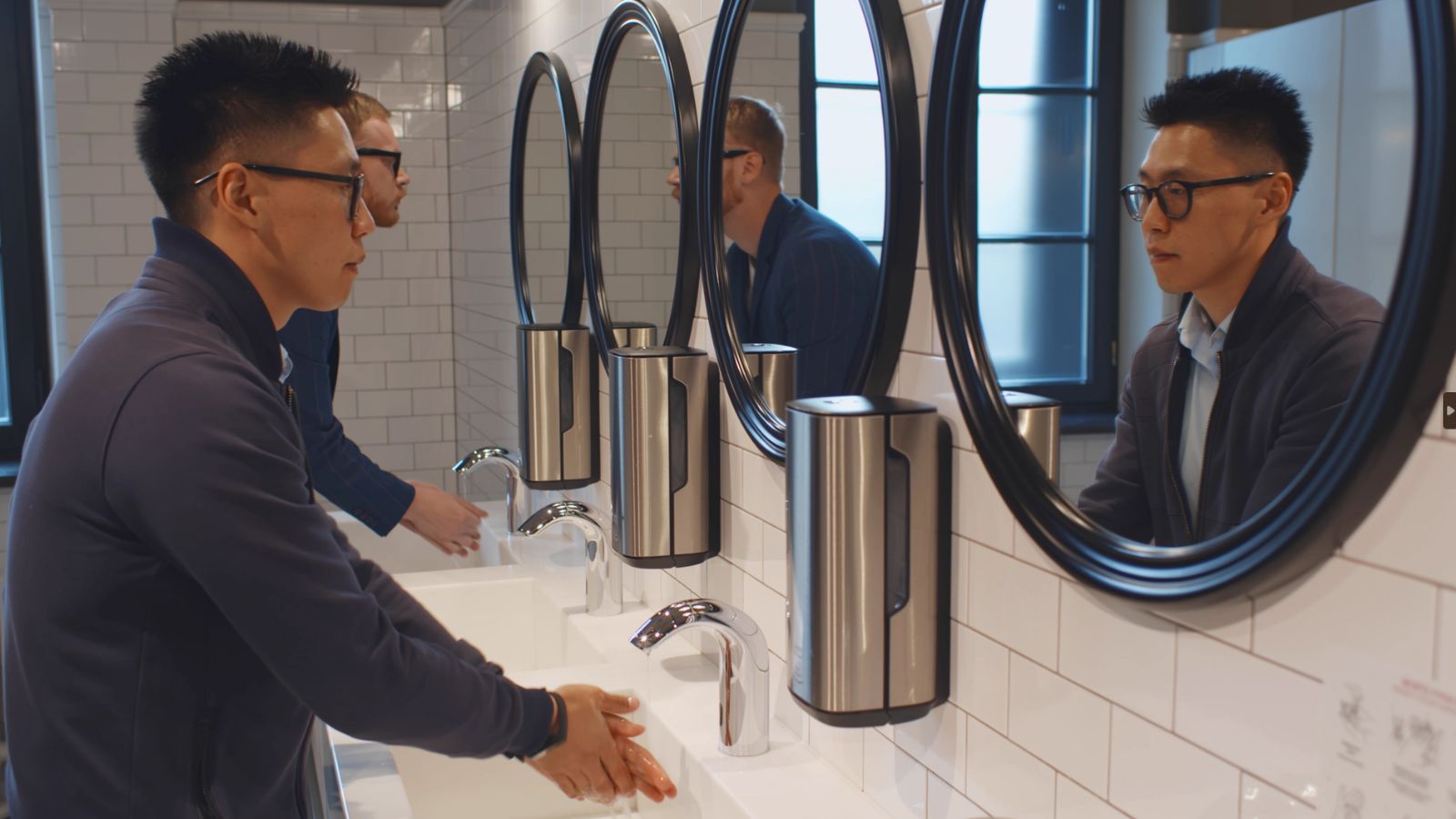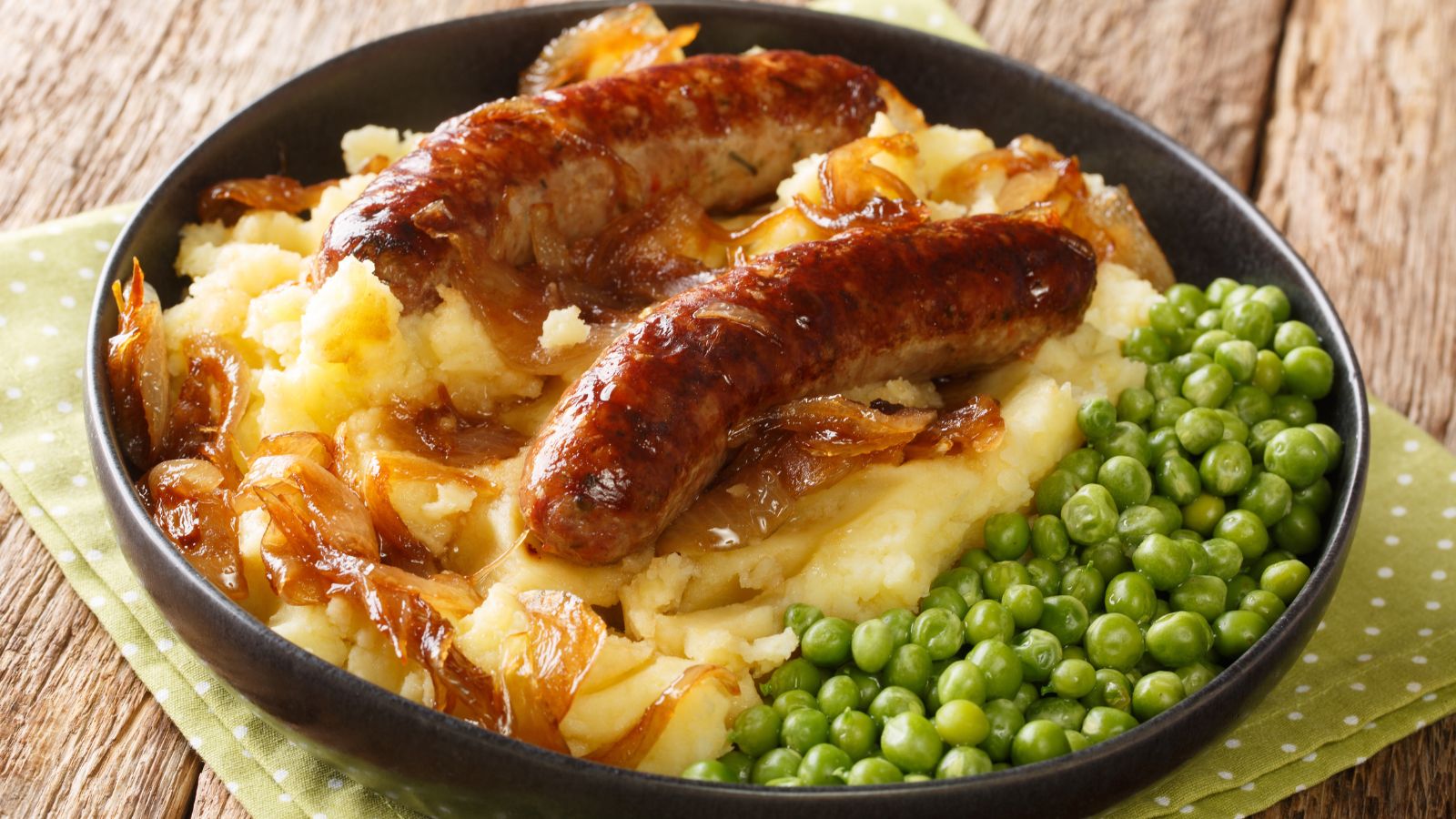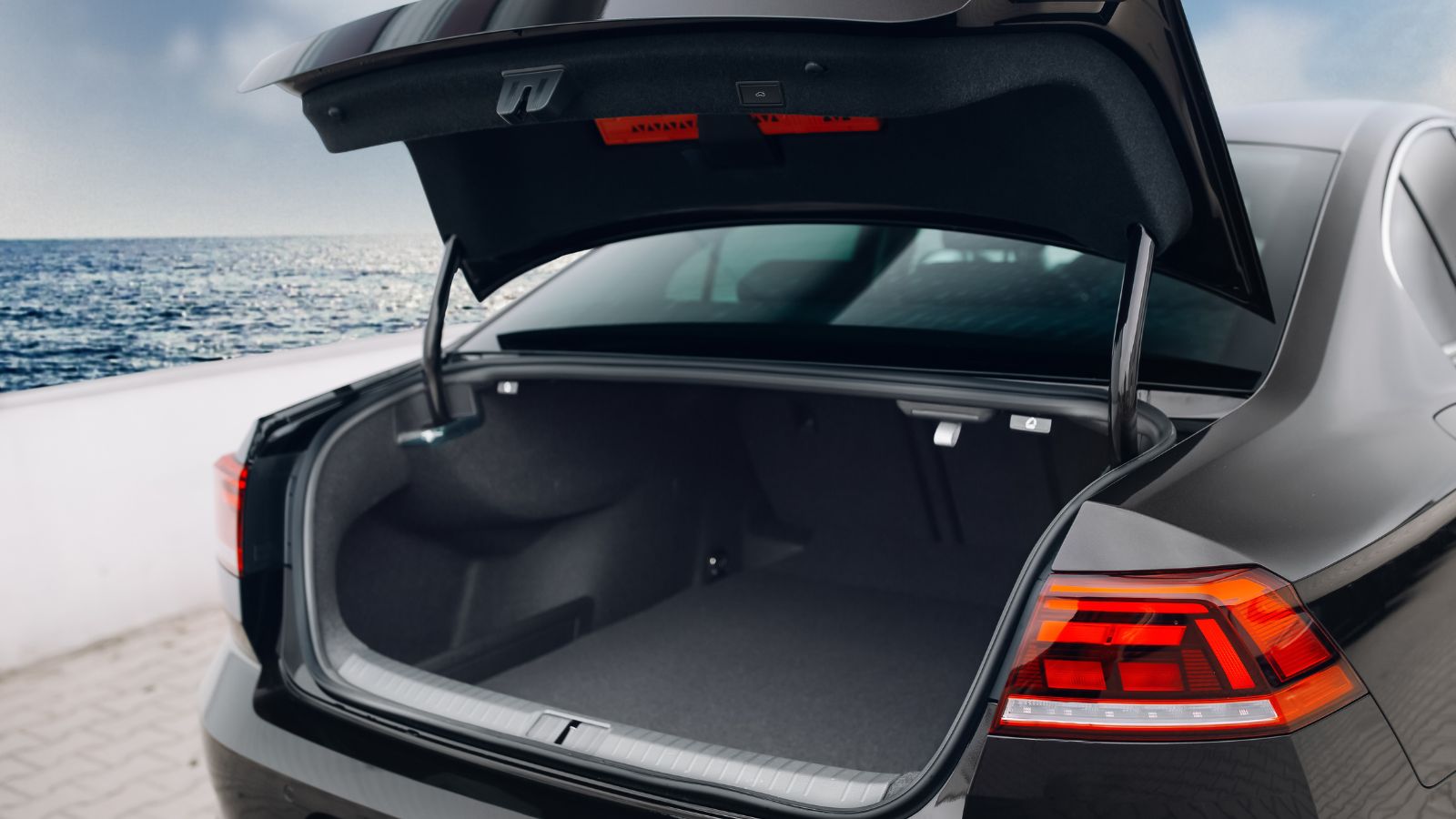British slang is a charming and colourful part of the English language, but when it crosses the pond to the United States, things can get a bit lost in translation.
Gobsmacked

“Gobsmacked” is a fantastic British term that means being utterly shocked or surprised, but Americans often misinterpret this word, thinking it might have something to do with getting physically smacked. But in reality, “gob” is an old slang term for mouth, so being “gobsmacked” is like having your mouth hanging open.
Knackered

Another classic word that people from the U.S. frequently misuse, “knackered” simply means exhausted, but many Americans might think it refers to something broken or useless, perhaps because “knacker” can also mean to destroy. But when a Brit says they’re knackered, they’re not implying they’re ruined—just that they’re ready for a nice, long nap.
Cheeky

The word “cheeky” is a quintessential British term that doesn’t quite translate in the U.S; it describes someone who is being playfully disrespectful or irreverent. However, Americans often think it means something along the lines of “sassy” or “rude.”
Chuffed

When a Brit says they’re “chuffed,” they’re expressing pride or pleasure about something, but those across the pond might think it means annoyed or irritated. It’s the opposite, really—being chuffed is about being pleased as punch, not steamed up, because it’s like giving yourself a little pat on the back.
Fancy

In the UK, “fancy” has a much broader use than it does in the States, as while Americans use it to describe something elegant or high-end, Brits might use it when they have a liking for something or someone. For example, if you “fancy a cuppa,” it simply means you’d like a cup of tea.
Rubbish

“Rubbish” is the United Kingdom’s equivalent of “garbage” or “trash,” but it’s also used to describe something that’s of poor quality or nonsense. In America, the term isn’t commonly used, leading to confusion, but when a Brit says, “That’s rubbish,” they don’t mean it’s literally trash—they’re saying it’s not good, or not true.
Mate

The word “mate” is one of the most beloved slang terms, but U.S. locals often get it wrong. In the UK, it’s a casual way of referring to a friend or even a stranger in a friendly context, while Americans might assume it’s used in a more formal or intimate context, like “soulmate.”
Ta

“Ta” is a simple, sweet way of saying “thank you,” but it tends to throw Americans for a loop. It’s a bit of a surprise for Americans who might be expecting a full “thank you” or “thanks,” as the brevity and informality of “ta” can be confusing.
Snog

The word “snog” might sound funny to American ears, but in Britain, it’s just another term for kissing. However, Americans might mistake it for something much less romantic, yet it’s just a playful, almost cheeky way to refer to a kiss.
Dodgy

Within the United Kingdom, “dodgy” is used to describe something or someone that seems a bit suspicious, unreliable, or of poor quality, but you may have a U.S. local sometimes thinking it refers to something tricky or evasive, like “dodging” something. In Britain, if something’s dodgy, it’s likely best to avoid it altogether.
Bloke

A casual term for a man, similar to “guy” in American English, “bloke” leaves many Americans not quite sure what to make of it. They might think it’s a more specific or formal term, when in reality, it’s about as common and easygoing as calling someone a dude.
Loo

The word “loo” is a polite British way to refer to the bathroom, but it’s often met with confusion in the U.S., where the word “bathroom” or “restroom” is more common. Some Americans might not realise that “loo” is just a straightforward way of saying where you’re headed when nature calls.
Quid

Slang for the pound sterling, similar to how Americans might say “bucks” instead of dollars, “quid” results in many Americans not being familiar with the term, maybe assuming it refers to something entirely different. In reality, it’s just a casual way to talk about money.
Gutted

When a Brit says they’re “gutted,” they mean they’re deeply disappointed or upset. However, Americans might take this more literally, imagining something much more graphic or severe, but really it’s a bit like saying you’re heartbroken in a more down-to-earth way.
Trainers

In the United Kingdom, “trainers” are what Americans would call “sneakers” or “tennis shoes.” This term often leads to confusion, with some Americans thinking it might refer to a person who trains others, like a coach; but in Britain, trainers are just the shoes you wear when you’re being casual.
Bangers

“Bangers” is a term that can cause quite a bit of confusion. In the UK, it often refers to sausages, particularly in the classic dish “bangers and mash.” The idea of bangers as food doesn’t always translate, leading to some puzzled looks at British dinner tables.
Boot

Lastly, in British English, the “boot” is the part of the car that Americans would call the “trunk.” This difference in terminology can lead to some amusing misunderstandings when Brits and Americans are talking about cars, as an American might picture footwear instead of the storage space in a vehicle.







